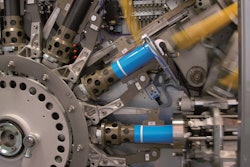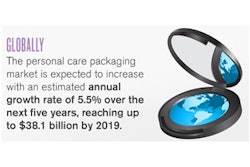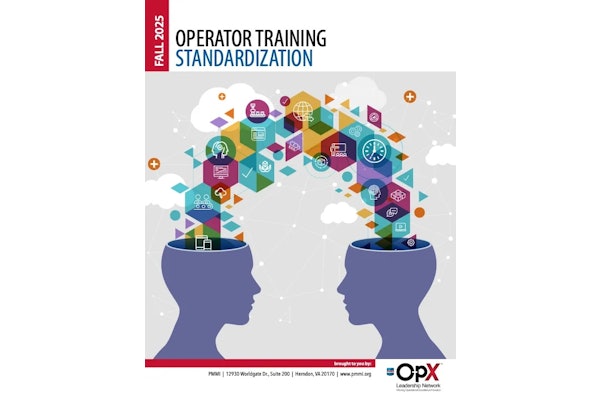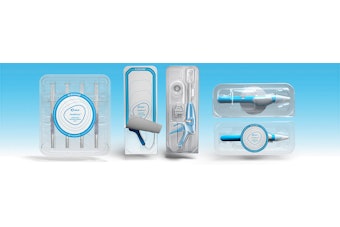
Consumers give global pharmaceutical companies an average reputation and express uncertainty about what those companies stand for, according to a new survey of corporate reputations.
A top driver of reputation in the pharmaceutical industry is governance, or being a responsibly run company that behaves ethically and is open and transparent in its business dealings. However, 55% of consumers are either neutral or uncertain about whether they would characterize global pharmaceutical companies that way.
Reputation Institute conducted more than 15,000 interviews in 15 countries to understand how the general public views the industry and its largest companies. The results captured in the 2015 Pharma RepTrak® report provide the single best way to measure, communicate and manage reputation performance.
“Pharmaceutical companies need to communicate more about who they are as companies, how they are addressing healthcare challenges in local markets, and what they are doing to bring meaningful innovation to patients,” says Kasper Ulf Nielsen, the report’s author and Reputation Institute Executive Partner. “Without this, they will be stuck with average reputations and not get the support they need to drive growth.”
The 12 companies in the 2015 Pharma RepTrak® are closely grouped in the following order:
Bayer
Roche
Abbott Laboratories
Eli Lilly
GlaxoSmithKline
Bristol-Myers Squibb
Novo Nordisk
AstraZeneca
Pfizer
Sanofi
MSD (Merck, Sharp & Dohme)
Novartis
AstraZeneca received a significant bump in its reputation in the U.K. after the failed takeover bid by U.S.-based Pfizer. The reputation of all 12 global pharmaceutical companies fell in China after a year-long bribery scandal and government investigation into industry practices.
“Corporate reputations can change quickly, especially when companies have not done enough to define themselves—before events do it for them,” says Nielsen. “There’s both an opportunity and a need for companies to break out of the pack and reap the rewards of a stronger individual reputation with consumers.”
Corporate reputations drive a wide range of downstream outcomes, from consumer willingness to buy from, recommend or invest, to stock performance and crisis resiliency. The majority of consumers will give reputable companies the benefit of the doubt in a crisis, compared to only 20% for companies with a poor reputation.
The RepTrak rankings are based on each company’s “Pulse”—the emotional connection consumers have to a brand. The results are further broken down into seven dimensions of rationality, which define why consumers feel the way they do. The seven dimensions are innovation, leadership, governance, citizenship, workplace, performance, and products/services.






















